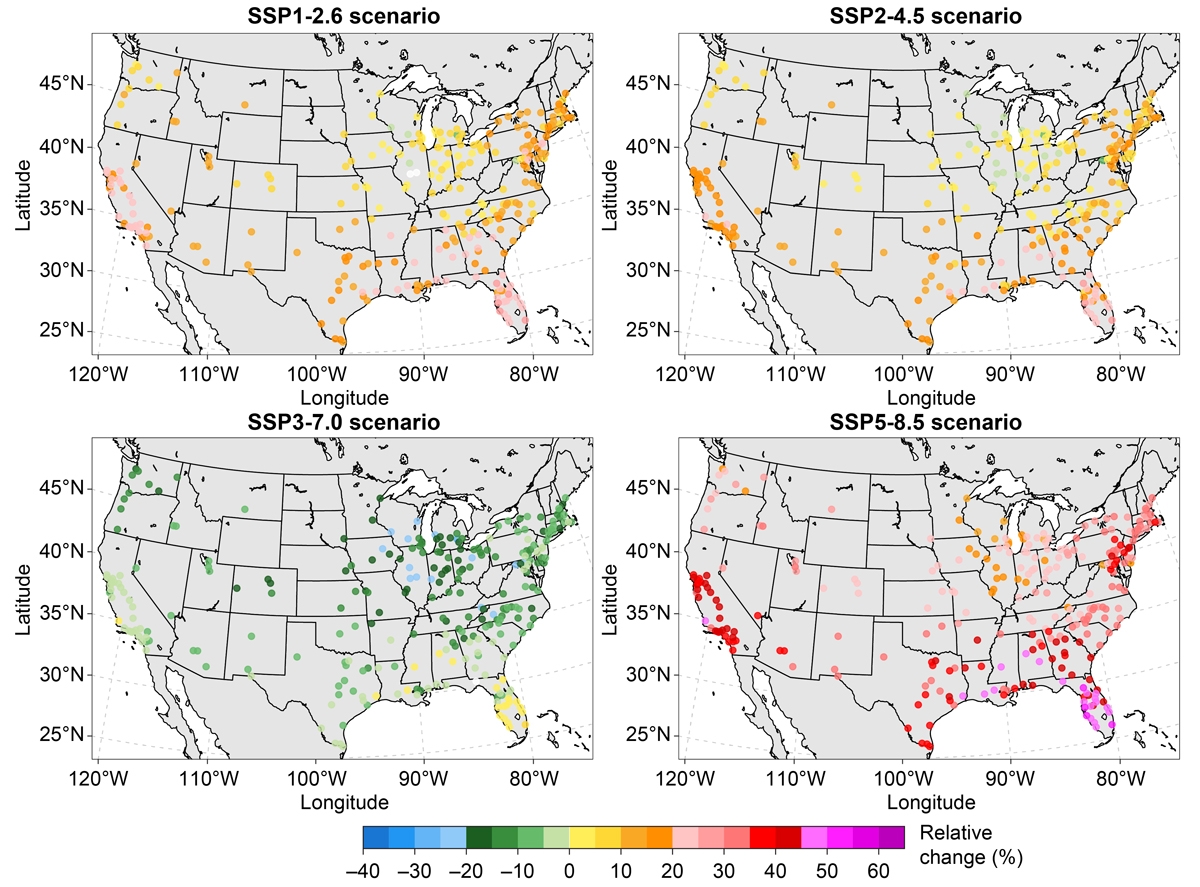A research study led by University of Oklahoma assistant professor Chenghao Wang and recently published in the journal Nature Communications tackled the critical issue of how city-scale building energy consumption in urban environments will evolve under the influence of climate change.
The U.S. Energy Information Administration reports that residential and commercial buildings in U.S. cities are one of the major energy consumers and greenhouse gas emitters.
“Understanding their future energy use is very important for developing climate change mitigation strategies, improving energy efficiency, developing and implementing energy and environmental regulations, policies, and incentive plans and enhancing the resilience and adaptation of our society under future climate and extreme weather conditions,” said Wang, who leads the Sustainable Urban Futures, or SURF, Lab in the OU School of Meteorology and Department of Geography and Environmental Sustainability.
“Previous studies made strides in estimating how energy use might change at the national or state levels in response to future changes in climate,” he said. “However, there is a significant gap in our understanding when it comes to the city scale. As global cities commit to ambitious sustainability goals, a more granular understanding of energy use at the city scale becomes imperative.”
The research team includes Janet Reyna and Henry Horsey from the National Renewable Energy Laboratory, Jiyun Song, Dachuan Shi and Yuyu Zhou from the University of Hong Kong, Sarah Feron from the Universidad de Santiago de Chile, Zutao Ouyang and Robert Jackson from Stanford University, and Ying Li from China Three Gorges University.




